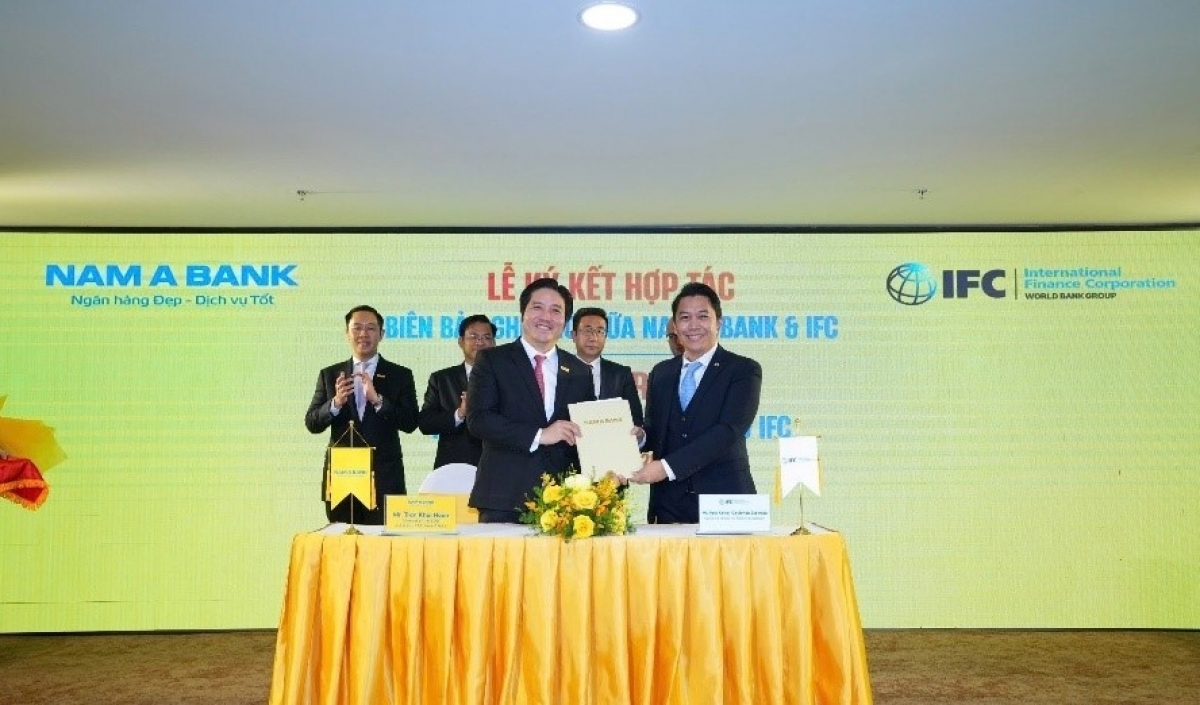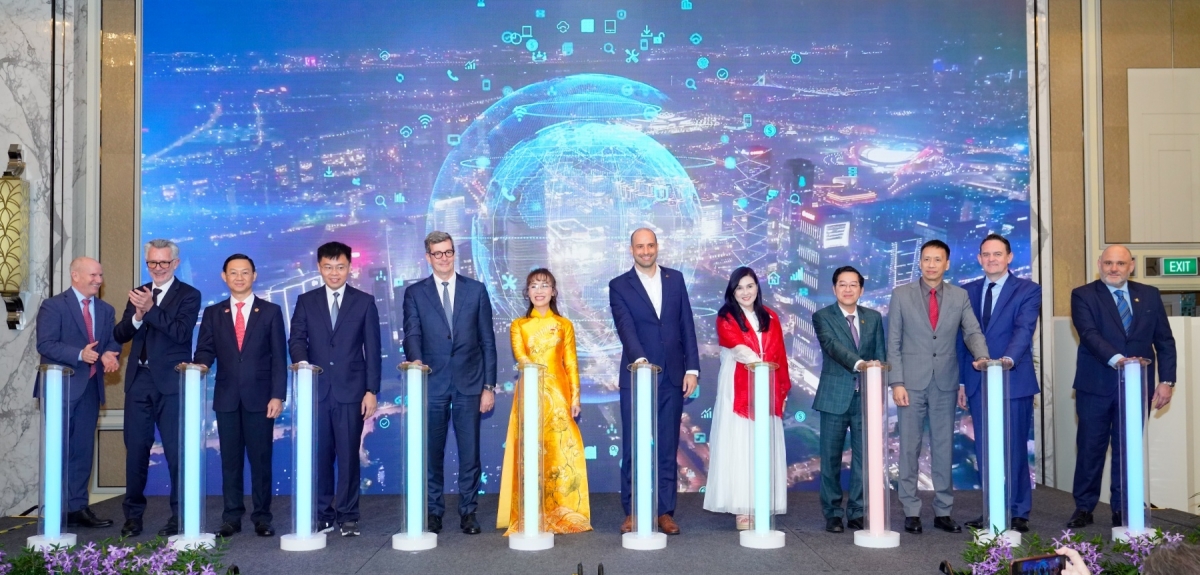INTERNATIONAL INVESTMENT
AND PORTAL
Russian nuclear major Rosatom State Corporation announced on May 13 that Rosatom and Vietnam have signed an inter-agency roadmap for the development of nuclear technologies through 2030.
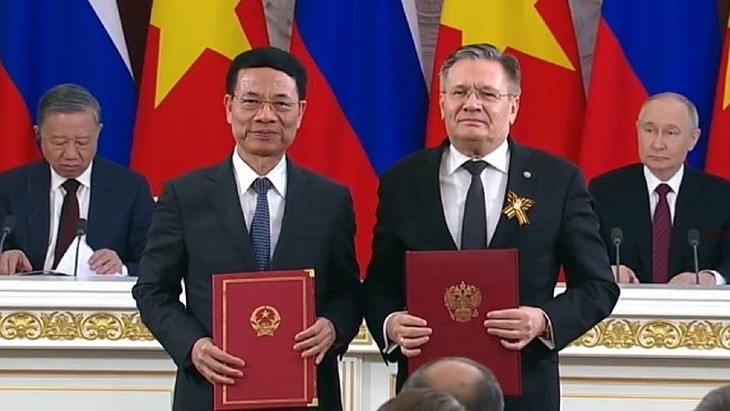
The document was signed by Rosatom director general Alexey Likhachev and Minister of Science and Technology Nguyen Manh Hung as part of a series of bilateral agreements announced during talks between Russian President Vladimir Putin and Party General Secretary To Lam.
This document covers the construction of a nuclear science and technology centre, fuel supply for the research reactor in Dalat, workforce training for Vietnam’s nuclear industry, and the country’s participation in the International Research Consortium that will operate a sodium-cooled research reactor.
Rosatom director general Alexey Likhachev emphasised that joint work in science and research has been a cornerstone of cooperation between the Russian nuclear corporation and Vietnam for many decades.
“Soviet engineers restarted the US-built research reactor in the 1980s, and now Vietnamese scientists have ordered a new research reactor from us. Moreover, this visit marks the transition to a new stage of cooperation, which is represented by the project to build a large nuclear power plant,” said Likhachev.
Rosatom has already entered a site in Dong Nai. A powerful, modern, and maybe the best research reactor in Southeast Asia will soon appear there.
"Of course, negotiations must be held to clarify the technical appearance and financial support. It would be a great honour and responsibility for us to build a flagship power reactor in Southeast Asia, but here we are at the very beginning of the journey," Likhachev added.
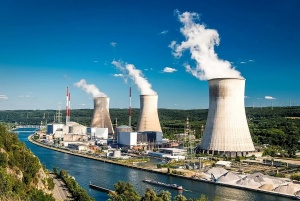 Vietnam and Russia to accelerate nulear power deal
Vietnam and Russia to accelerate nulear power deal
Vietnam and Russia have agreed to expedite a nuclear power deal as part of a new bilateral comprehensive strategic partnership.
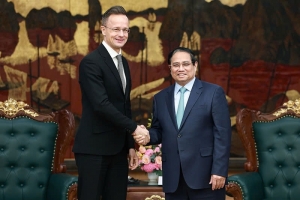 Hungary to train 1,000 Vietnamese specialists for country's first nuclear plant
Hungary to train 1,000 Vietnamese specialists for country's first nuclear plant
With 50 years of experience in operating nuclear power plants, Hungary is set to assist Vietnam in training 1,000 nuclear power plant operators as the country develops its first nuclear facility.
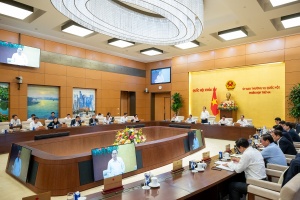 Vietnam mulls scaling investment approval authority for nuclear projects
Vietnam mulls scaling investment approval authority for nuclear projects
Vietnam’s National Assembly is weighing a significant legislative shift that could transfer authority for approving nuclear power investments from the National Assembly to the prime minister, depending on the size of each project.
By Thanh Van




